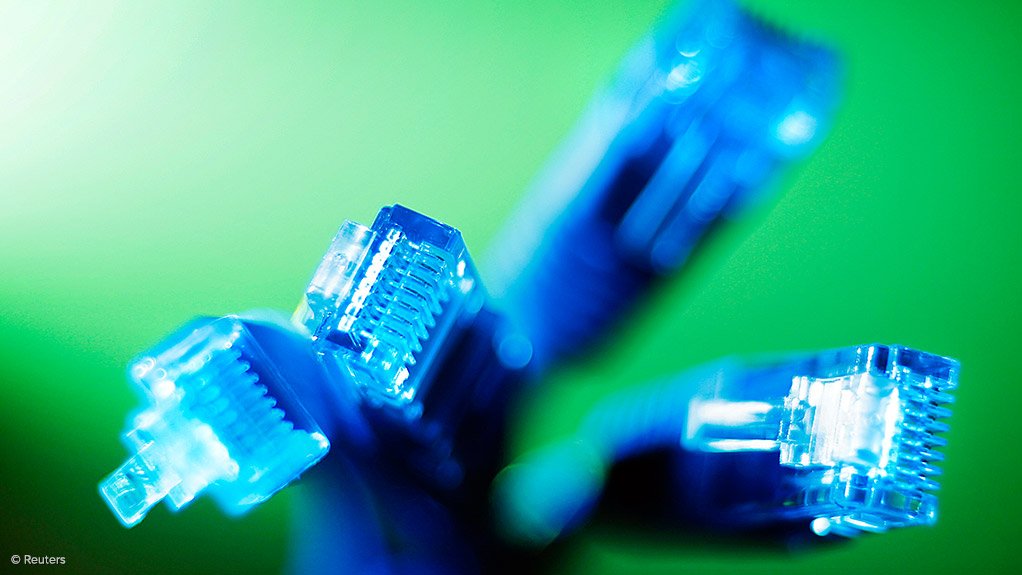Those countries in Africa that are moving ahead with better broadband are helping boost their economies and bringing more people into the Internet economy, said Project Isizwe founder and CEO Alan Knott-Craig at the Bloomberg African Business and Economic Summit on Wednesday.
Knott-Craig said every citizen had the right to access high-quality Internet services. “A lack of Internet access for everyone limits political results and change in the country,” he told the summit in Cape Town.
By stripping out expensive extras, the Internet could be brought closer to far more people.
Knott-Craig said that, through his work in Tshwane, he was involved in developing the biggest free WiFi network on the continent.
He said every single one of the 2.9-million people in Tshwane would be within walking distance of free WiFi.
“Fibre is the best-possible broadband you can get, but that’s not our thing. It’s also not cheap to roll out 3G and LTE. A whole new layer needs to be created. Government needs to get into funding. WiFi-based broadband is so much cheaper, with so many more people getting into mobile phones.”
Kenya Information, Communications and Technology Ministry Cabinet secretary Joseph Mucheru said he was actively encouraging competition in the industry, as it was vital to have universal access to broadband.
He said about 80% of Kenyans were broadband users, although this was sporadic. Only 15% to 20% used the Internet on a daily basis.
“We want to see Kenyans using the Internet daily, not just for checking exam results, for instance,” said Mucheru, adding that far greater awareness was needed in terms of the benefits afforded by the Internet.
He advocated free Internet services for consumers, at least initially, so that they could experience the benefits for themselves.
“Most consumers who are not online simply don’t know the value of it, so they don’t want to go online,” he pointed out.
Praekelt Group founder and chairperson Gustav Praekelt advocated for zero-cost Internet for certain type of services, to encourage the inclusion of more people in the Internet economy.
Praekelt, whose corporate social investment initiative, Mom Connect, a platform that connects 700 000 pregnant women in South Africa with more than 95% of clinics countrywide, warned that if this did not happen for certain people in the community, they would never be included in the Internet economy. He also emphasised the importance of video and voice services in a low-literacy environment.
Meanwhile, KOOBA Africa CEO Richard Bell, whose company has rolled out fibre to over 500 000 homes in Nairobi and Mombasa, in Kenya, over the past few years, said big players threatened to squeeze out private-sector competition if they lowered broadband costs too much.
“We’re charging $40 on average per subscriber, though we think the sweet spot is around $10. The problem with a fibre network is that it costs $1 000 to acquire a fibre subscriber, so the return on investment is 10 to 15 years, and that doesn’t add up,” said Bell.
He added that broadband was powering ahead in several African countries.
“We have better Internet in Nairobi than you have in South Africa,” he told conference delegates.
Edited by: Samantha Herbst
Creamer Media Deputy Editor
EMAIL THIS ARTICLE SAVE THIS ARTICLE
To subscribe email subscriptions@creamermedia.co.za or click here
To advertise email advertising@creamermedia.co.za or click here













